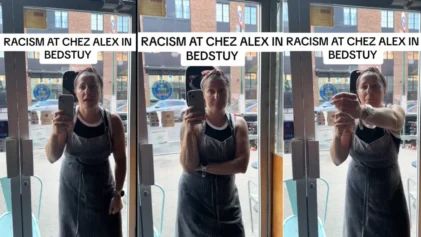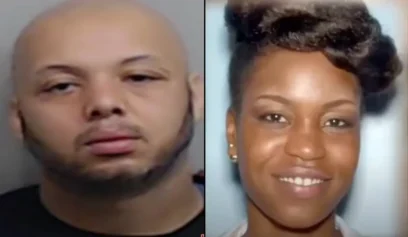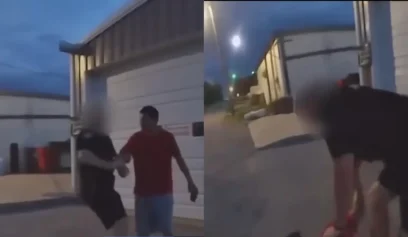Two Black heart failure patients beat the odds after waiting just weeks before they learned they would get a second chance at survival.
They are rare exceptions because African-Americans needing an organ transplant typically wait at least a year before hope arrives.
“I was at the lowest point in my life. I had no energy to do anything,” Dave Ford told KOVR-TV.
Ford, 63, of Rancho Cordova, California, is a retired lieutenant with the Department of Corrections. He needed a heart transplant to replace his damaged or failing heart. While he waited for a donor, he met Wendell Stallworth, 62, who was also waiting for a new heart. The duo often saw each other during their month-long stay at Sutter Medical Center in Sacramento, California.
“We both spent over a month in CVICU as pre-heart transplant patients,” Stallworth said to Sutter Health.
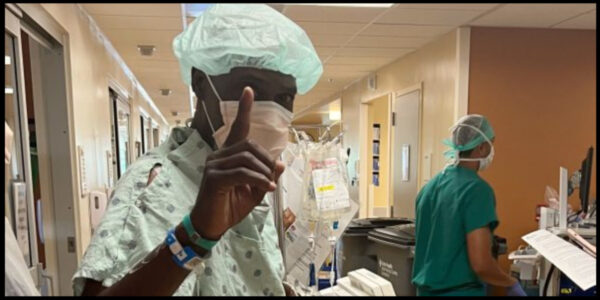
The month-long wait Stallworth and Ford experienced was relatively short compared to the average wait time. Black heart transplant patients between 2005 and 2016 experienced longer wait times for a heart transplant than other racial and ethnic groups. A 2018 study found the wait can last at least a year.
Black people experience the highest rates of heart failure but receive heart transplants at lower rates than white people. Black people are also “four times as likely” to develop kidney failure as white people but are less likely to receive a kidney transplant, according to the Association of American Medical Colleges.
In a report released by the Department of Health and Human Services last October, a little more than 33,000 Black people, who make up 13 percent of the U.S. population, were on the U.S. transplant waiting list for organs for a kidney, liver, heart, or lung. By comparison, a little more than 46,000 white people needed an organ.
On average, 16 people die every day because they don’t receive an organ transplant in time, according to the American Transplant Foundation.
There is a nationwide effort to get more Black organ donors to help turn the statistics around. WALB reports kidney transplants are more successful within the Black community if the donor and recipient are of the same race.
“The main thing is I wanna live,” Larry Jackson of Albany, Georgia, told WALB-TV in Albany.
“I’m in the transplant phase now. I got my family members. They’re being tested…it’s hard for us to get a match. I can donate to anybody, but I got to get that certain match blood type for you to donate to me,” Jackson continued.
“It’s a huge disparity in terms of people being able to receive a life-saving organ,” Belinda Lane told WDAM-TV.
Lane is the community outreach coordinator with the Mississippi Organ Recovery Agency. In Mississippi, there are 1,300 people on the state’s organ transplant list, and 90 percent are African-American. Lane explains African-Americans’ greater need for organ transplants extends beyond lifestyle and places emphasis on family history.
“Nutrition is not always the case because of the hereditary issues that we receive. A lot of times, we have diabetes, and we have hypertension,” Lane said.
In addition to pushing for more Black organ donors to improve African-Americans’ chances of receiving an organ transplant, the medical profession is making gradual changes.
Last year, the Organ Procurement and Transplantation Network banned medical providers from using race-based calculations when performing a kidney function test that previously overestimated kidney function in Black patients. The overestimation resulted in longer wait times for Black people seeking a kidney transplant.
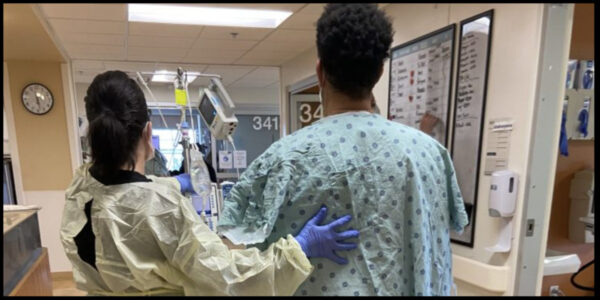
Both Ford and Stallworth ended up receiving their new hearts in about a month, on March 28, 2022, and April 16, 2022, respectively. As they awaited their new hearts and overcame successful heart transplant surgeries, they forged a lifelong bond.
“I told him we’re going to be brothers for life,” Ford said.
“I really needed that phone call from someone else, and he always has been there for me, and we’ll be friends forever for sure,” Stallworth told KCRA-TV.
